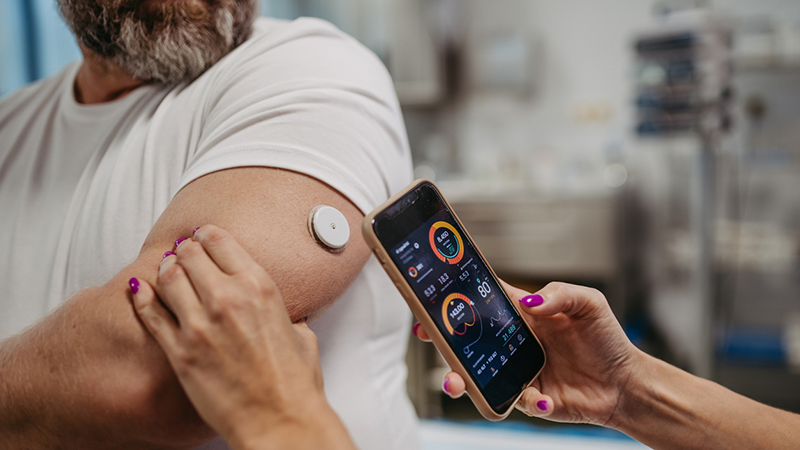UC’s free Diabetes Prevention Program dramatically reduces participants’ risk of developing diabetes
Share This Article

By Louis Kim, UC San Diego
Diabetes is an epidemic that plagues the U.S., with over 38 million diabetics in our country according to the Centers for Disease Control (CDC). Diabetes can lead to health conditions such as heart disease and stroke. Prediabetes is a risk factor for 97.6 million people aged 18 years or older, making 38% of the entire US population at potential risk of developing type 2 diabetes.
Prediabetes at UC San Diego is on the rise, according to Teresa Guglielmo, campus Employee Wellness Program Manager and local coordinator of the Diabetes Prevention Program. She gave insight into another issue that arises from those affected by this disease, but is not often discussed. “Not only is the incidence of prediabetes increasing, but it is also very, very expensive,” Guglielmo said. People diagnosed with prediabetes can save roughly $10,000 a year if they can prevent themselves from developing type 2 diabetes.” Tallying those within UC San Diego diagnosed with prediabetes, this comes to around two billion dollars that can be saved by just preventing the progression to type 2.
With the health and financial issues that come from being diabetic, prevention is important. This is where UC’s Diabetes Prevention Program (DPP) steps in. DPP is a one-year lifestyle change program that is proven to cut the risk of type 2 diabetes in half, showing promising results to participants across varying backgrounds and challenges. The program is free to all eligible UC employees, their family members and the community.
The program invites those diagnosed with prediabetes to start making a change not only to themselves but also to other people’s lives.“That’s part of the beauty of that community aspect,” Guglielmo said. “Having a diverse cohort means that people from different experiences, backgrounds and challenges are sharing their experiences and working with each other to find solutions.”
The DPP serves as a platform where participants can talk with one another, creating a space for individuals dealing with the same hardship. Guglielmo describes how individuals in the program value this commonality and the realization that they are not alone. “It’s that idea that this specific program is for not just education and lifestyle improvement, but building that support system and relationships that hopefully continue past the program,” she said.
Ranging from 22 to 26 sessions, participants are taught by a certified DPP coach on topics relating to preventing diabetes, such as nutrition and stress management. The program is also flexible with individual schedules.
In the future, Guglielmo hopes to expand the program’s outreach to those in need and improve the overall knowledge and education of diabetes among campus employees and students alike. “We have thousands of people tested positive for prediabetes, so clearly there is a need,” she said, “but it is a challenge for getting people to do it.”
Those who believe that they may have prediabetes due to family history or who are experiencing symptoms should schedule an appointment with a doctor or take the CDC-approved online risk test.

